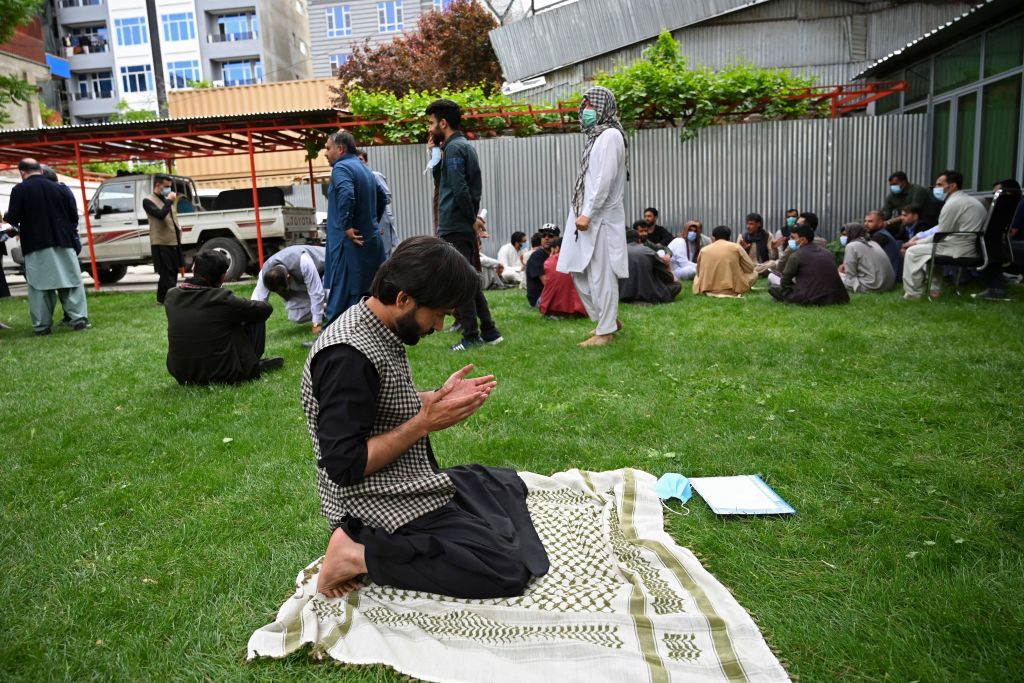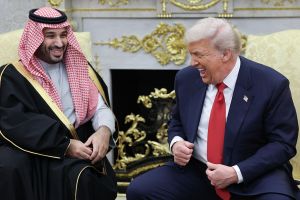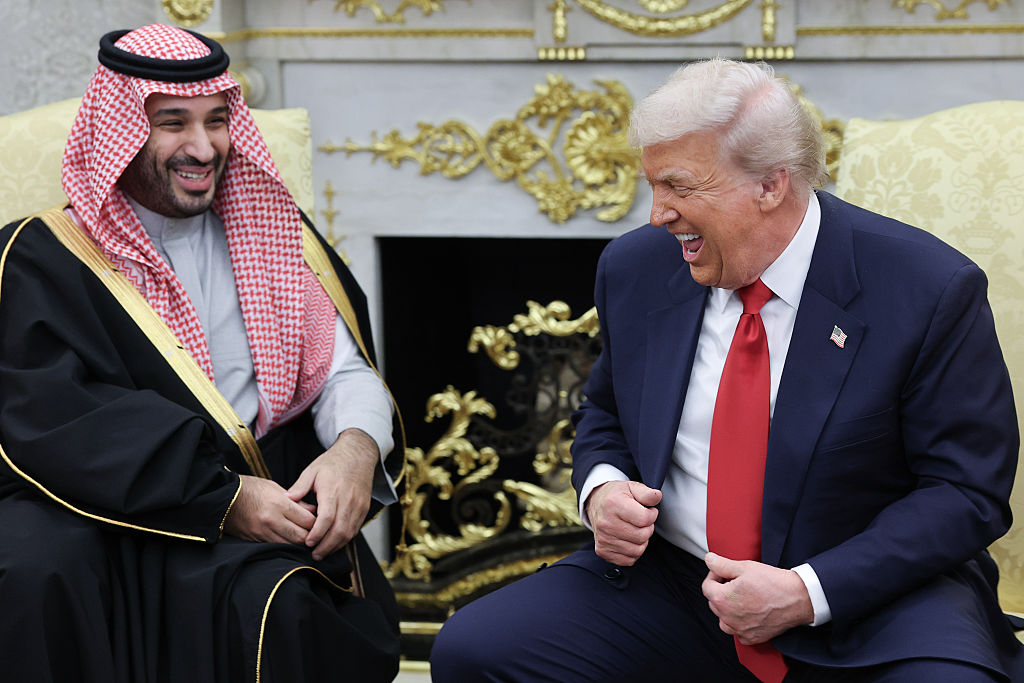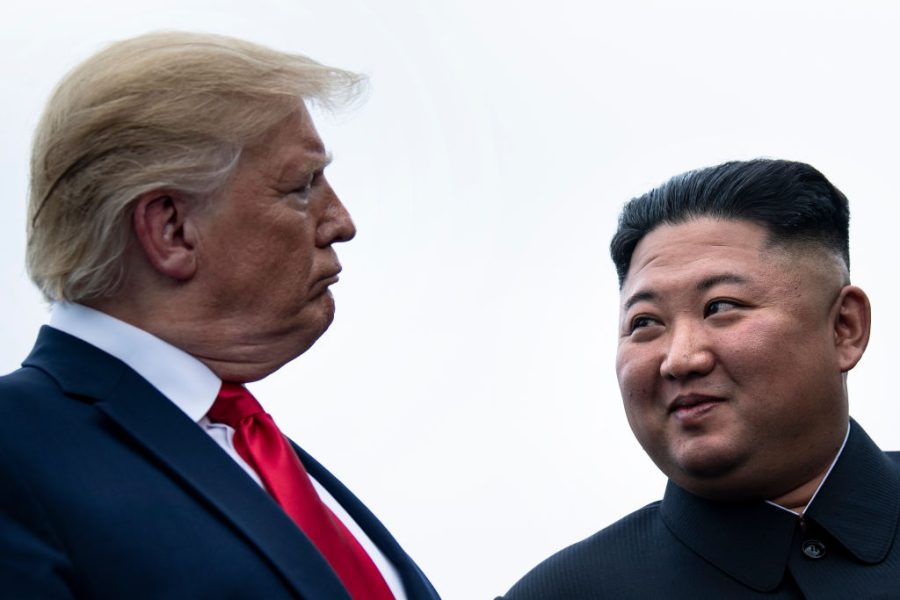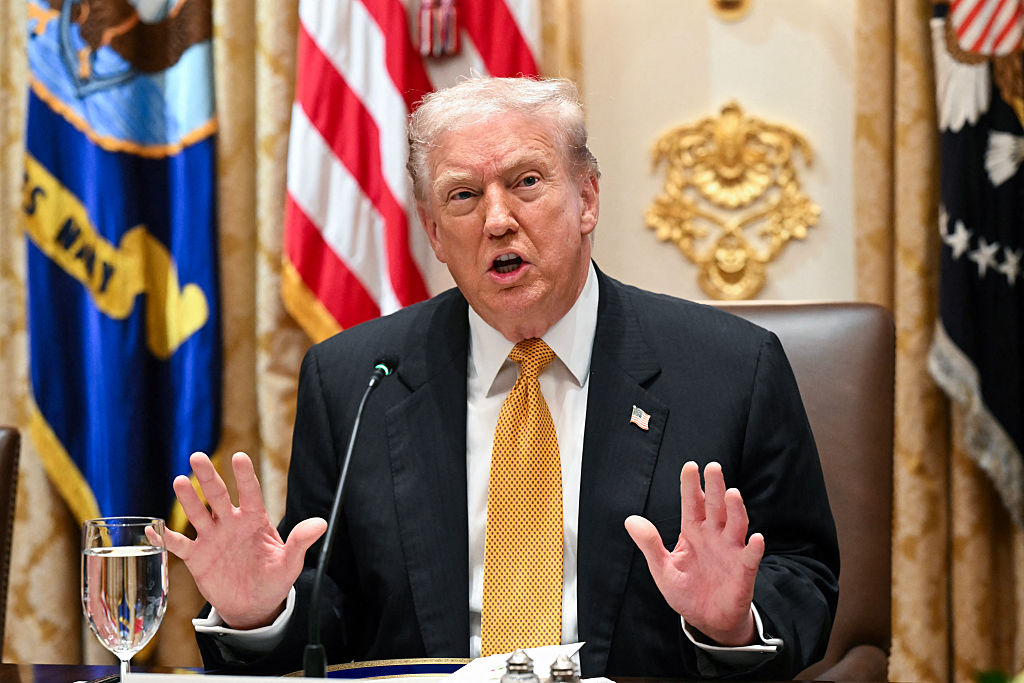‘The United States has no obligation to evacuate one, or 100,001, South Vietnamese,’ Sen. Joe Biden of Delaware intoned on the Senate floor as South Vietnam neared collapse in 1975.
Thankfully, the Ford administration ignored this shameful advice.
One of the more regrettable statements of its decade, it was likely one of the positions former Obama defense secretary Robert Gates had in mind when he wrote that Biden ‘has been wrong on nearly every major foreign policy and national security issue over the past four decades’.
When the United States left Vietnam in 1973, it took two years for Saigon to fall to the Communists. Kabul will likely fall much faster — Biden has promised full US withdrawal by September 11, the 20-year anniversary of the al-Qaeda attacks that precipitated our longest foreign war — and the scenes of chaos and slaughter, and the years of repression of one kind or another, may well be as bad.
Meanwhile 17,000 Afghan former interpreters for the US, along with 50,000 of their family members, have applied for the Special Immigration Visas, established in 2014 to cover the situation in Iraq and Afghanistan. If we do not bring these people to America, retribution from the Taliban will be severe.
The largest American evacuation of foreigners from their homeland happened in Vietnam in 1975, when 125,000 Vietnamese were evacuated by US forces. They became the core of a thriving immigrant population. As of 2017, there were roughly 1.3 million Vietnamese living in the US, ‘representing the sixth-largest foreign-born group in the country’, according to the Migration Policy Institute. Their household income was 11 percent higher than that of the overall immigrant population, and 4 percent higher than that of US-born households.
SIVs currently take an average of 800 days to process, according to Honor Our Promises, a bipartisan congressional working group established to push Biden on the issue. With just a couple of months until the last helicopter leaves the roof of the US embassy in Kabul, so to speak, the administration needs to end its unconscionable dithering.
In 1975 the Vietnamese evacuees were sent first to Guam, under presidential humanitarian ‘parole authority’. The second time, and last to-date, that the ‘Guam option’ was used came in late 1996, as Saddam Hussein entered Iraqi Kurdistan. In the last major act of Operation Provide Comfort, established in 1991 to provide protection to the Iraqi Kurds, the US evacuated 6,600 Kurdish former employees and their nuclear families across the Turkish border, as well as numerous Arab Iraqis who had worked with the CIA. There were wild scenes as Kurds sold their evacuation papers, forged documents proliferated, families were parted, and crowds pressed the Khabur River crossing.
‘Terps’, as the interpreters are often called by US troops, are an extraordinarily important part of our work in war zones. They live, eat, and work with our troops, taking all the same day-to-day risks. In my experience, they are there with us on every foot patrol and stand beside us at every checkpoint. Our young men and women fighting abroad know that they themselves bring only higher status to their families at home. Then our warriors return as heroes. For the interpreters it is the opposite: constant fear of retribution for their families at home, and eventually a return to an often short and anxious life.
The ironies here are remarkable. The administration has all the time in the world to foster a narrative that Americans are irredeemably racist, and yet cannot summon the will to help these Afghans who have already sacrificed more for the American Way than almost all of us. (Biden was 25 years old at the time of the Tet Offensive in 1968.) This administration has thrown our southern border wide open, instead of supporting the generous, fair and orderly immigration policy we need, but keeps our bravest friends and allies out. We enrich the coyotes and cartels, ultimately at the expense of our own working class, but deny a pittance of resources where they are badly needed.
The US — and usually the Democratic party — has ground to make up on this issue. The 1996 problem was solved only when Iraqi opposition leader Ahmed Chalabi flew to Washington to persuade a highly reluctant Clinton administration to do the right thing. In 1962, the year of the Bay of Pigs, President Kennedy left high and dry both the Cubans who had worked with the CIA and, in a little-known incident, Tibetans who had done the same during the Sino-Indian War of that year. In 1975, we did the same with the Hmongs and Montagnards in Southeast Asia, and in 1979 Jimmy Carter did it again in Iran.
Our obligations in these cases — despite what Biden said about the Vietnamese — are significant: a debt of honor and also a matter of national security. We helped our Vietnamese partners in huge numbers; we helped the Kurds; if Biden continues to do nothing for the Afghans, we will have trouble recruiting these vital allies next time we need them on the ground in the next tragic war.
Bartle Bull has written from the Middle East for many leading newspapers and magazines. His next book is a history of Iraq.



